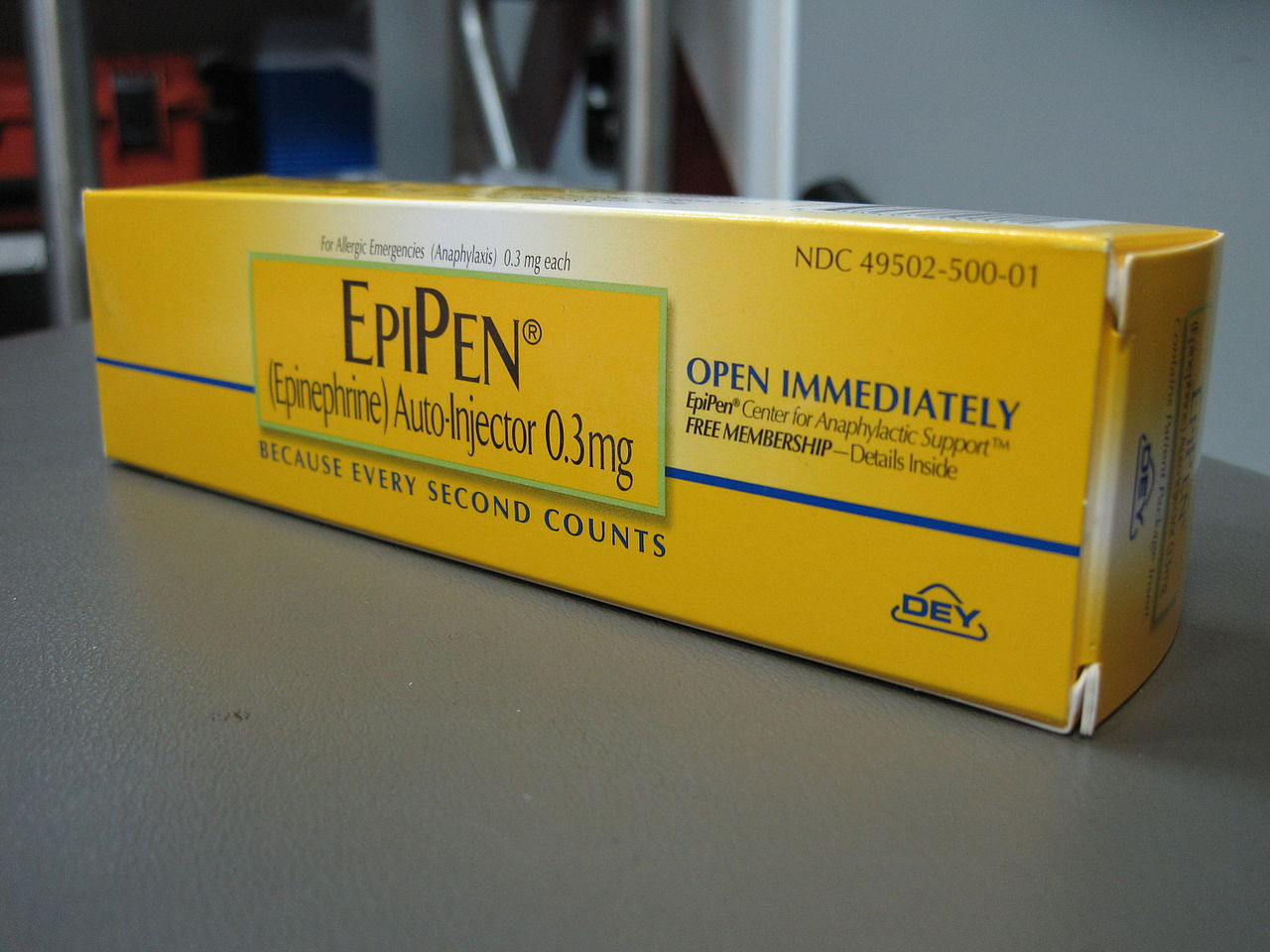For the Manhasset-Lakeville Fire District, the recent price hike for EpiPens has had an unwelcome budgetary impact.
“We’ve seen the prices steadily increasing over the past several years,” said Lee Genser, the district’s captain of emergency medical services. “I’m in charge of procuring the equipment for the ambulance unit, and as it happens, we’ve had to increase the cost in our budget.”
The maker of the EpiPen, which delivers epinephrine in a preloaded syringe to treat severe allergic reactions such as anaphylaxis, increased the price from about $50 per pen to $600 for a two-pack.
In the face of heavy criticism, the drug’s maker, Mylan, announced on Monday that it would start producing generic EpiPen packs for half the cost, or $300, in coming weeks. The company, which has been producing the EpiPen since 2007, effectively holds a monopoly on the medication used for immediate relief after a potentially fatal reaction.
Generic competitors for the medication have either been delayed in coming to the market or recalled, leaving buyers with little options, according to The New York Times.
“The cost has really just gotten excessive,” Genser said. “[We] had to remove money from a different group within the fire department to cover the increase.”
Genser’s emergency company has three ambulances and a first response truck, all of which are required to carry two epinephrine pens for adult and child doses.
Each two-pack costs about $600 for the fire district, resulting in a total yearly cost of $4,800 for the one medication, he said. The epinephrine expires after about a year, so the pens become an annual expense even if they aren’t used.
EpiPens are one of several medications in response vehicles that have to be budgeted for, and Genser said he had to make a special funds request just to meet the stocking requirement for the injectors.
“Last year when I got my budget for 2016, I actually had to go back and ask for an increase just for the increased cost for the EpiPen,” he said.
He said Manhasset-Lakeville has communicated with surrounding fire districts about the cost, since the increase has been gradually occurring for years.
Josh Forst, chief of the Great Neck Vigilant Fire Department, said as a larger emergency care provider, with a budget around $1 million, his program hasn’t taken as much of a hit, but smaller districts with tighter budgets are affected by the costs.
“It’s unfortunate what’s gone on with the pricing,” he said.
Forst said more money going towards one medication means there’s less funding in other areas.
“The reality is the state mandates that we have to have EpiPens on the ambulances,” he said. “At the end of the day if someone’s life is in jeopardy, I’m not going to worry about the price.”
Mylan’s announcement that it would produce a lower cost generic injector should help with budgets, fire officials said.
Mylan’s chief executive, Heather Bresch, said, “We understand the deep frustration and concerns associated with the cost of EpiPen to the patient, and have always shared the public’s desire to ensure that this important product be accessible to anyone who needs it.”
The manufacturer initially responded to media coverage on Aug. 22 by offering coupons to discount co-pays for consumers, but now the lower-priced generic will be available for individuals and wholesale buyers like emergency care programs.
“I’m glad that it’s finally getting publicity,” Genser said. “The problem doesn’t just affect consumers, it affects public responder agencies as well.”
Genser said the state also created a program about three months ago that supplies generic epinephrine vials at a much lower cost for emergency companies. The major difference between the lower-cost alternative and the EpiPen is that the generic can be more difficult to administer from a bare syringe. The brand name uses a plastic casing around the syringe which retracts the needle before use.
Current training standards don’t prepare most technicians in emergency care to deliver the medication from a vial, he said.
“Even for myself as an advanced emergency care provider it’s much easier to use the EpiPen rather than drawing it out of a vial,” Genser said.



